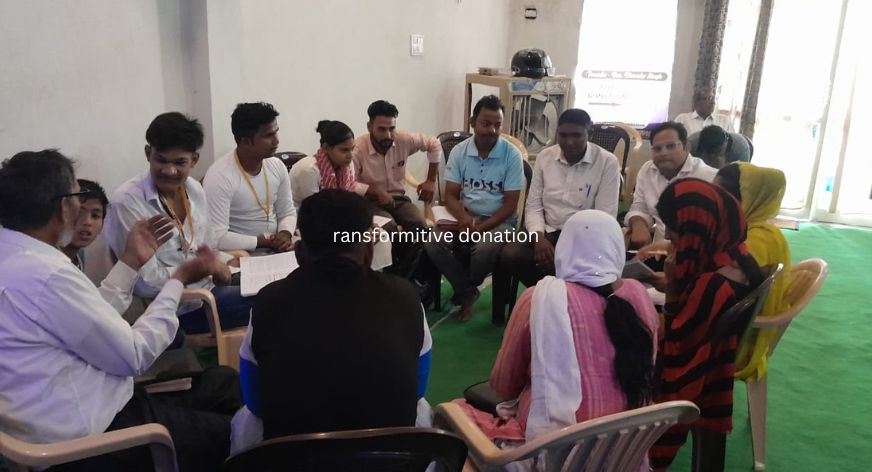- Written by: Azad Singh
- September 29, 2025
The Transformative Power of Education
Introduction
Education is more than the transfer of knowledge. It is the foundation of personal growth, social progress, and national development. From the earliest days of human civilization, societies have invested in teaching their young, believing that wisdom and learning open the doors to a better future. In today’s rapidly changing world, where technology reshapes daily life and global challenges demand innovative solutions, education remains the most powerful tool we have to empower individuals and transform communities. To truly understand its impact, we can explore how education shapes personal development, promotes social equality, and drives national progress.
- Education is a way to Personal Growth
Education is about developing individuals. It nurtures curiosity, sharpens critical thinking, and builds character. A child who learns not only to read and write but also to question and analyze grows into an adult capable of making informed decisions. Education equips people with the skills to adapt to an ever-changing world, whether by preparing for careers, fostering creativity, or encouraging lifelong learning.
Moreover, education cultivates values such as discipline, empathy, and responsibility. A person who has received holistic education is not only more employable but also more capable of living with purpose and integrity. Personal growth through education empowers people to dream bigger, break cycles of poverty, and contribute meaningfully to their families and communities. In this way, education is not simply preparation for life, it is life itself.
- Education as a Bridge to Social Equality
One of the most profound impacts of education is its ability to reduce social and economic inequality. In the history, education has lifted entire communities from oppression, giving voice to the marginalized and opportunities to the disadvantaged. When both boys and girls are given equal access to schooling, societies flourish. Educated women, for instance, are more likely to earn income, improve family health, and support their children’s education, creating a ripple effect across generations.
Furthermore, education instills the values of tolerance and mutual respect. In diverse societies, schools and colleges often serve as spaces where people from different backgrounds come together, learn from each other, and break down barriers of caste, creed, or class. By providing equal opportunity, education fosters social mobility – the chance for someone born into poverty to rise and achieve their full potential. This bridging role makes education not only a right but also a social responsibility that ensures justice and inclusivity.
- Education as a Driving force for Nation Building
Education play the important role in the progress of individuals, communities, nations and Beyond. Knowledge-based economies thrive because their citizens are skilled, innovative, and adaptable. Countries that invest heavily in education, particularly in science, technology, and research, often emerge as global leaders in development and innovation. A well-educated population contributes directly to economic growth by creating jobs, improving productivity, and fostering entrepreneurship.
But education is not only about economic advancement. It also strengthens democracy by producing informed citizens who understand their rights and responsibilities. Educated citizens are more likely to participate in civic life, hold leaders accountable, and contribute to building just and stable institutions. For nations grappling with poverty, climate change, or conflict, education offers long-term solutions by cultivating a generation capable of addressing these challenges with wisdom and creativity.
Conclusion
Education is not a privilege for the few but a necessity for all. It shapes individuals by unlocking their potential, bridges social divides by promoting equality, and drives nations toward prosperity and stability. To invest in education is to invest in humanity’s future. Every classroom built, every teacher trained, and every child given a chance to learn is a step toward a brighter tomorrow. As Nelson Mandela wisely said, “Education is the most powerful weapon which you can use to change the world.” Our task is to wield this weapon responsibly, ensuring that no child, no community, and no nation are left behind in the journey of knowledge and growth.





